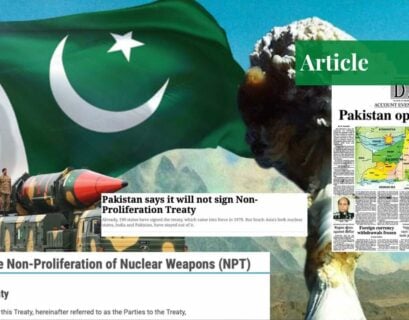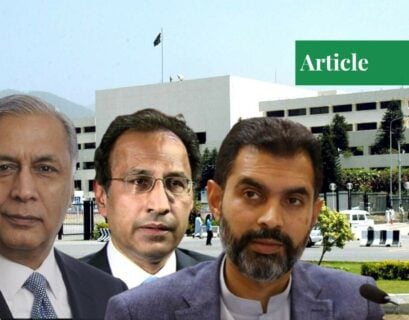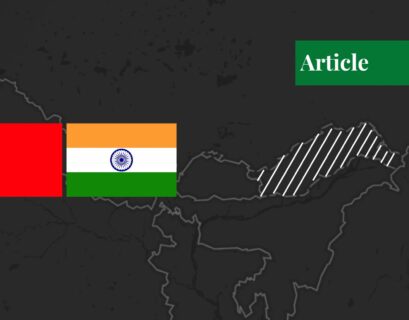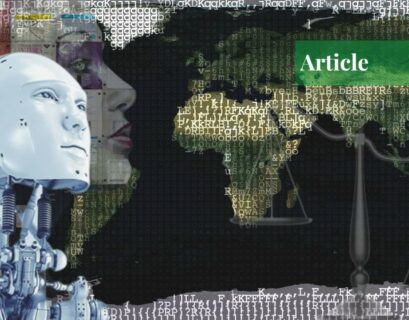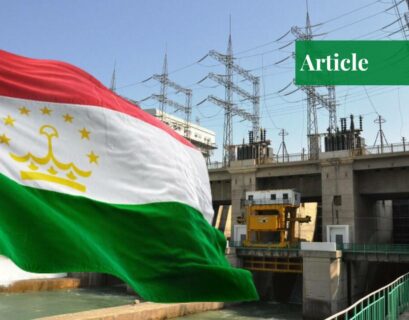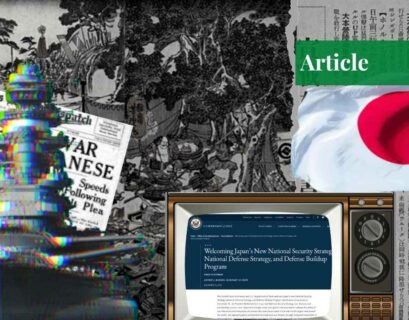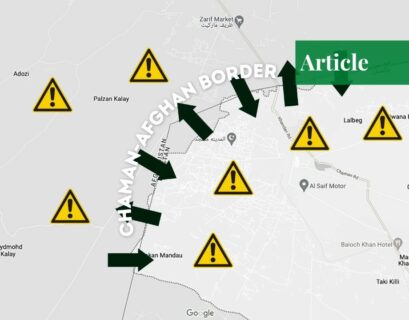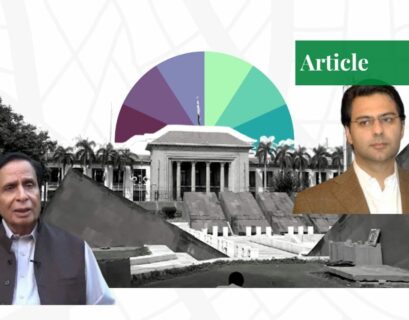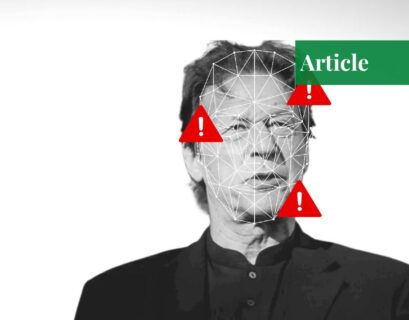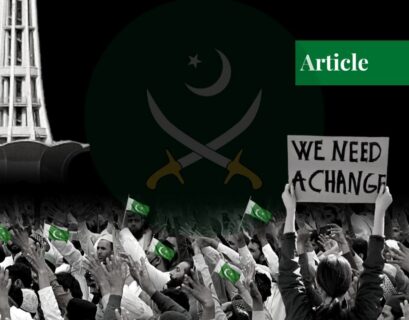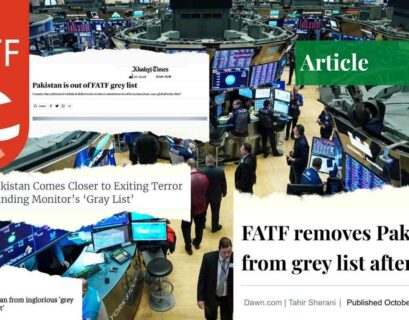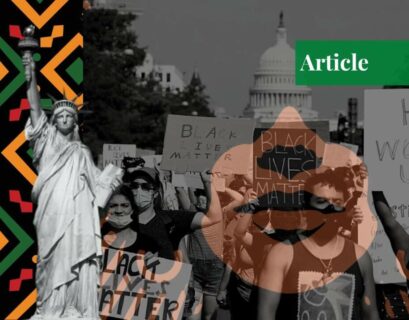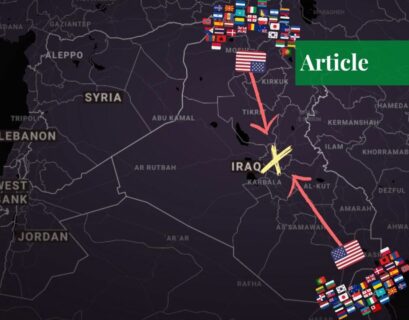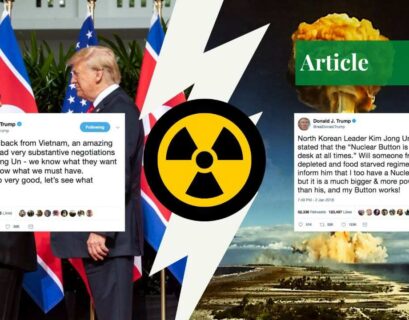Why Pakistan Refuses to Sign the NPT
Of the nine nuclear-weapon states, only the P5 states have consented to be bound by the Non-Proliferation Treaty or the NPT. Pakistan, India, North Korea, and Israel are not parties to the treaty.
In this piece, Hurria Binte Abdullah describes the three major reasons behind Pakistan’s resistance to the treaty.
The first reason is mistrust and disappointment with the US as a strategic and security ally, the second is India’s non-acceptance of the NPT, and the third is the fact that there are inherent loopholes within the NPT itself that raise concerns about future commitments and effectiveness of the treaty.
Prospects of a Technocratic Government in Pakistan
Rumors of technocracy have been echoing in Pakistan for a few weeks as the country’s economic plight worsens with each passing day.
A technocratic government is a form of government in which the ministers of the government are not politicians by career and do not necessarily belong to any political party.
The Case of the Twitter Files
In December 2022, Elon Musk, the new owner of Twitter, released the Twitter Files—the company’s internal emails, documents, and Slack conversations that revolve around company rules and critical decisions made before Musk took over.
Twitter’s controversial decision to censor the New York Post’s article on the information obtained from a laptop allegedly owned by Hunter Biden, the son of US President Joe Biden, is particularly significant here.
Exploring the India-China Border Dispute in Arunachal Pradesh
The absence of clear demarcations in the Arunachal Pradesh region has led to multiple conflicts between China and India. Tawang, the reason for the recent skirmish, is claimed by both India and China. Leveraging the tactical and cultural importance of the Tawang region in Arunachal Pradesh will undeniably provide a strategic advantage to either of the two nations.
Tajikistan’s Geoeconomic Significance: Unfolding New Dimensions
According to certain economic assessments, Tajikistan has had consistent development since the end of the Tajik civil war in 1992, as well as an overall rise in the standard of living and foreign investment.
To Maha Afzal Chaudhary, the country’s great hydroelectric potential and geostrategic significance make it a prominent player in regional affairs.
Japan Approves Its Revolutionary National Security Strategy
Japan has unveiled an updated version of its National Security Strategy to ramp up the counterstrike capabilities of the self-defense force. The strategy consists of three documents: the National Security Strategy (NSS), the National Defense Strategy (NDS), and the Defense Buildup Program (DBP). Sajid Khan believes that the vital changes in Japan’s strategy have occurred because of the threats from China, North Korea, and Russia.
Pak-Afghan Clashes at the Chaman Border
The Taliban regime came into power by overtaking the Afghan government in August 2021. Despite the fact that Pakistan was one of the first countries to recognize the Taliban government, relations between Pakistan and Afghanistan have remained contentious since then.
Deadly cross-border exchanges at the Chaman border on 13th November, 11th December, and 15th December have alarmed the people of the two states who fear a dramatic escalation of the conflict.
Pervaiz Elahi & PML-Q: Kingmakers in Pakistan
In a political wrestling match, we have a ruling party and an opposition—and more often than not, both form coalitions with other political parties and independents.
Imran Khan’s decision to dissolve the Punjab and KP assemblies has further polarized the political parties.
In such critical times, the kingmaker of the country—PML-Q—has found its place on the political stage once again. Raja Abdullah shares how PML-Q came to power, and eventually emerged as a kingmaker for its own political survival.
Deepfake or Real? Here’s How to Tell the Difference
Deepfake, as the name suggests, uses deep learning technology to create convincing yet fake digital media. In this article, Shahzeb Rizwan Raja enumerates specific characteristics that distinguish between an actual and a deepfake video and image.
Impact of PTI Government’s Afforestation Initiatives
While there has been a significant improvement in the number of trees and the creation of jobs through PTI’s tree-plantation initiatives, these activities are causing more damage to the country.
Seemal Nadeem does not deny the positive impact of the green programs, but she recommends greater reliance on adaptation policies.
Revolutionizing the Spare Parts Industry Through Tech
While there have been several startups and e-commerce portals for the provision of auto parts, many—like Daraz and PakWheels—largely focus on car accessories. Those that have ventured into the spare parts industry leave much to be desired.
PartEx and OkayKer, however, are two dynamic new ventures that are working towards growing the online spare parts market in Pakistan.
Pakistan’s Political Circus: PDM, PTI, and the New COAS
The swift and undisturbed appointment of Pakistan’s new Chief of Army Staff (COAS) on 24th November brought an end to what could have been a possible cause of political unrest.
Will the change in command at GHQ let go of the past and usher in a new era of civil-military relations?
FATF Exit: Benefits for Pakistan
Placed on the FATF’s grey list in June 2018, Pakistan was finally removed from the list in October 2022. The country has undoubtedly undergone strict scrutiny from the global monetary watchdog.
Of course, there should be benefits that come with being white-listed, but what are they? And how much loss has the country suffered from being placed on the grey list for over four years?
The Second Persian Gulf War: More Lies & Military Actions
The Second Persian Gulf War, also known as the Iraq War (2003-11) occurred a decade after the First Persian Gulf War. The Second Gulf War consisted of two phases. In the first phase, the American and British Forces formed a coalition with several other countries to bring down the government of President Saddam Hussein.
The second phase of the war occurred when Iraqis started to rebel against the US-led occupation of Iraq, and the war finally concluded with the US withdrawing its forces from Iraq in 2011.
Nuclear Deterrence & the Stability Paradox
The tragic event of Hiroshima and Nagasaki led to a military revolution, altering the chief purpose of the military from winning wars to averting them through deterrence.
Deterrence is a strategy largely deployed to avert potential nuclear conflicts hence providing the safe contoured illusion of strategic stability.
Maryam Yasmeen navigates theories, arguments, and case studies to understand nuclear deterrence and the paradox of stability that it creates.
